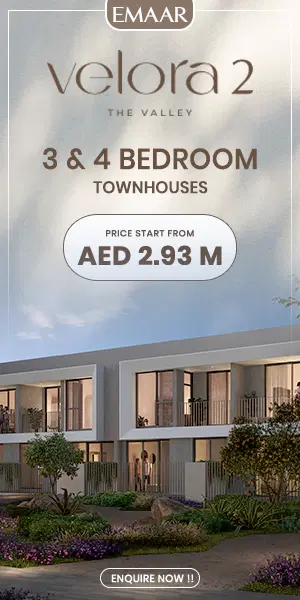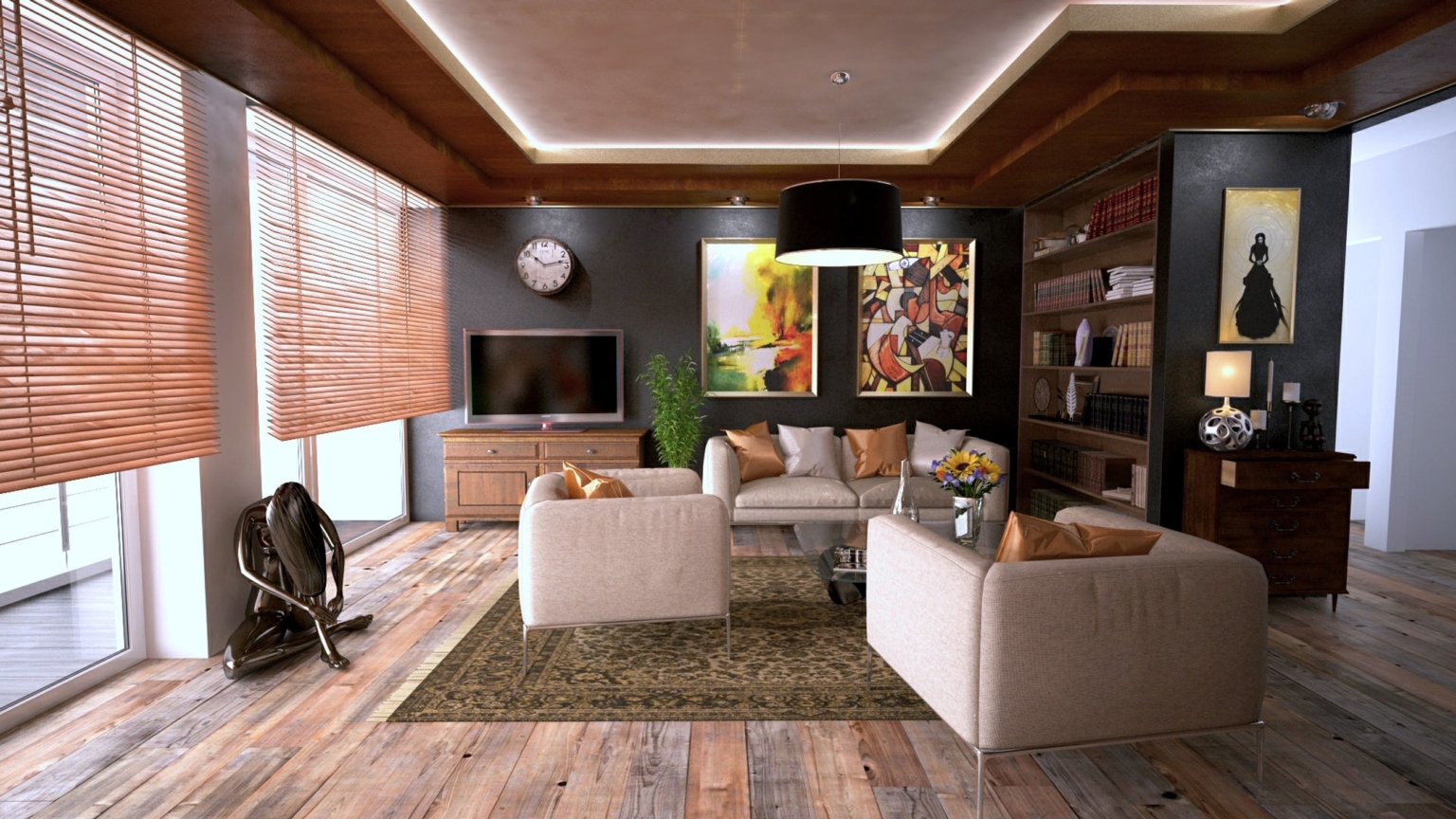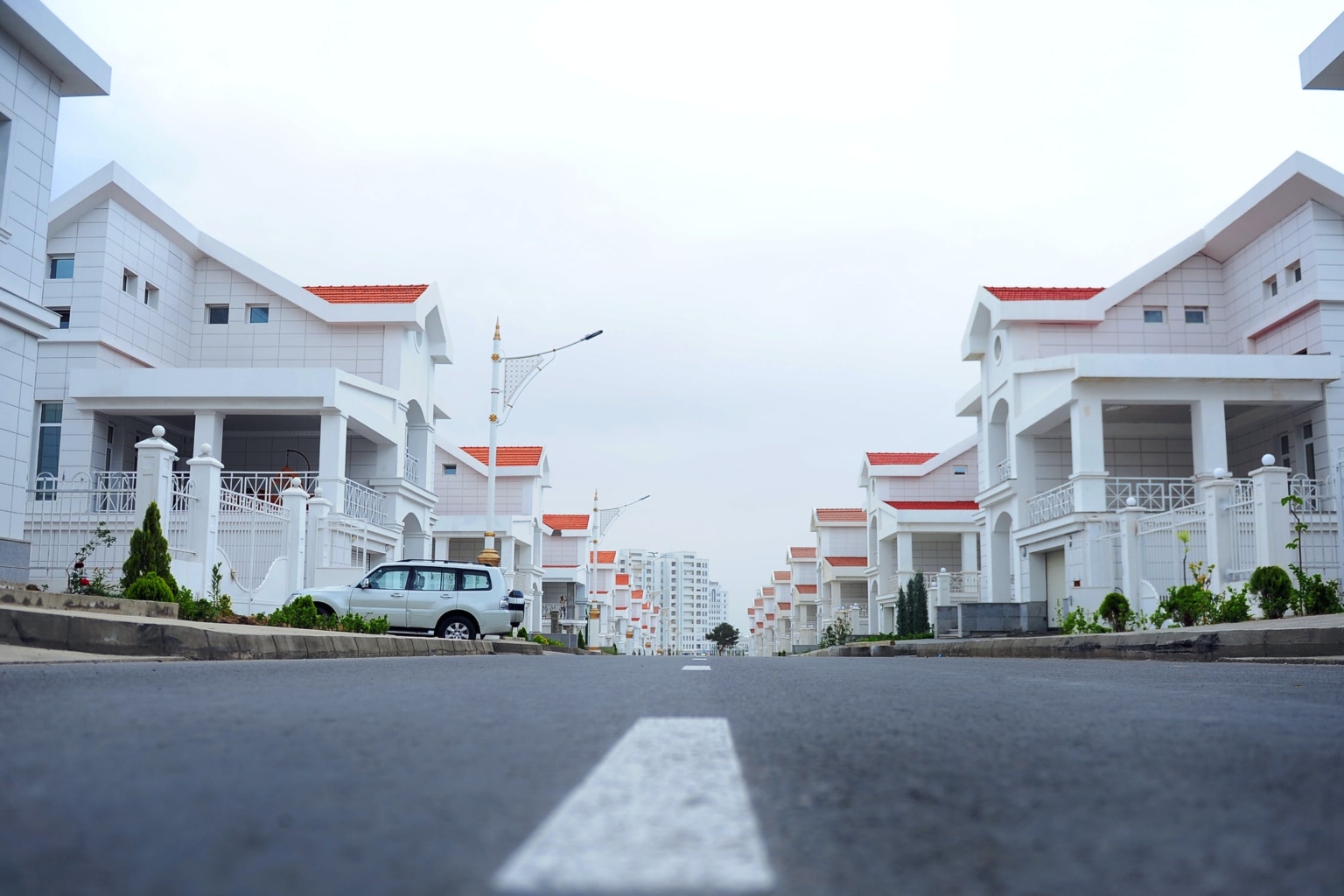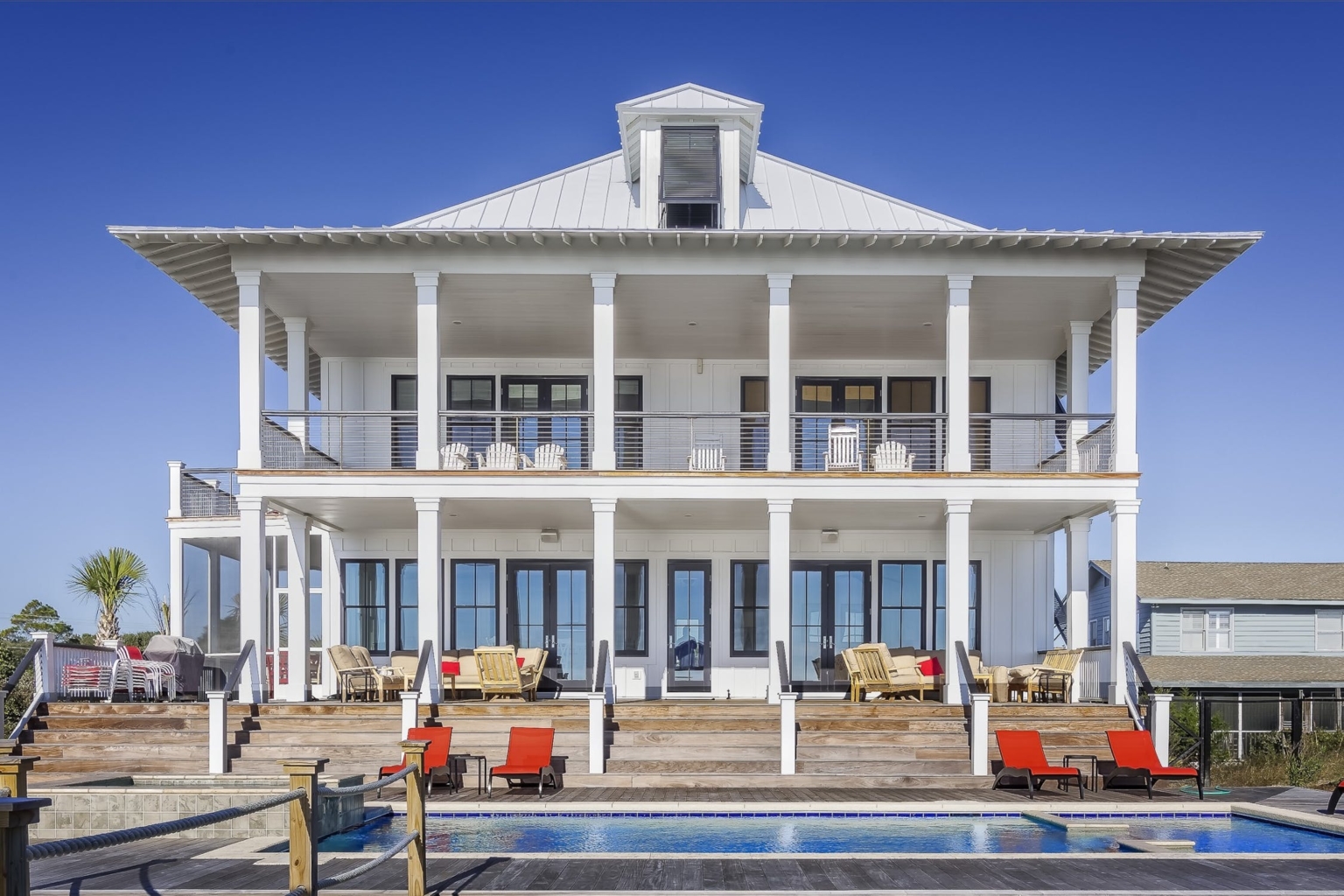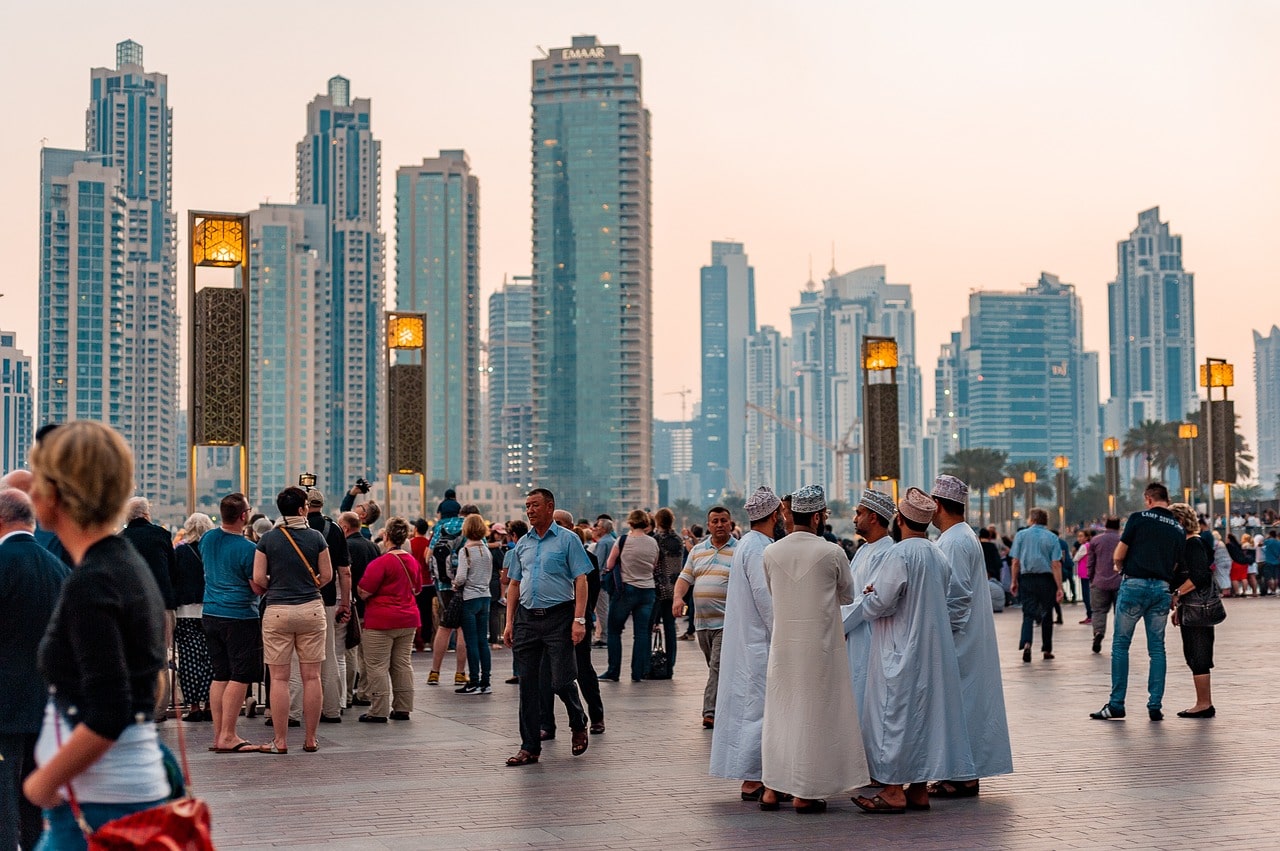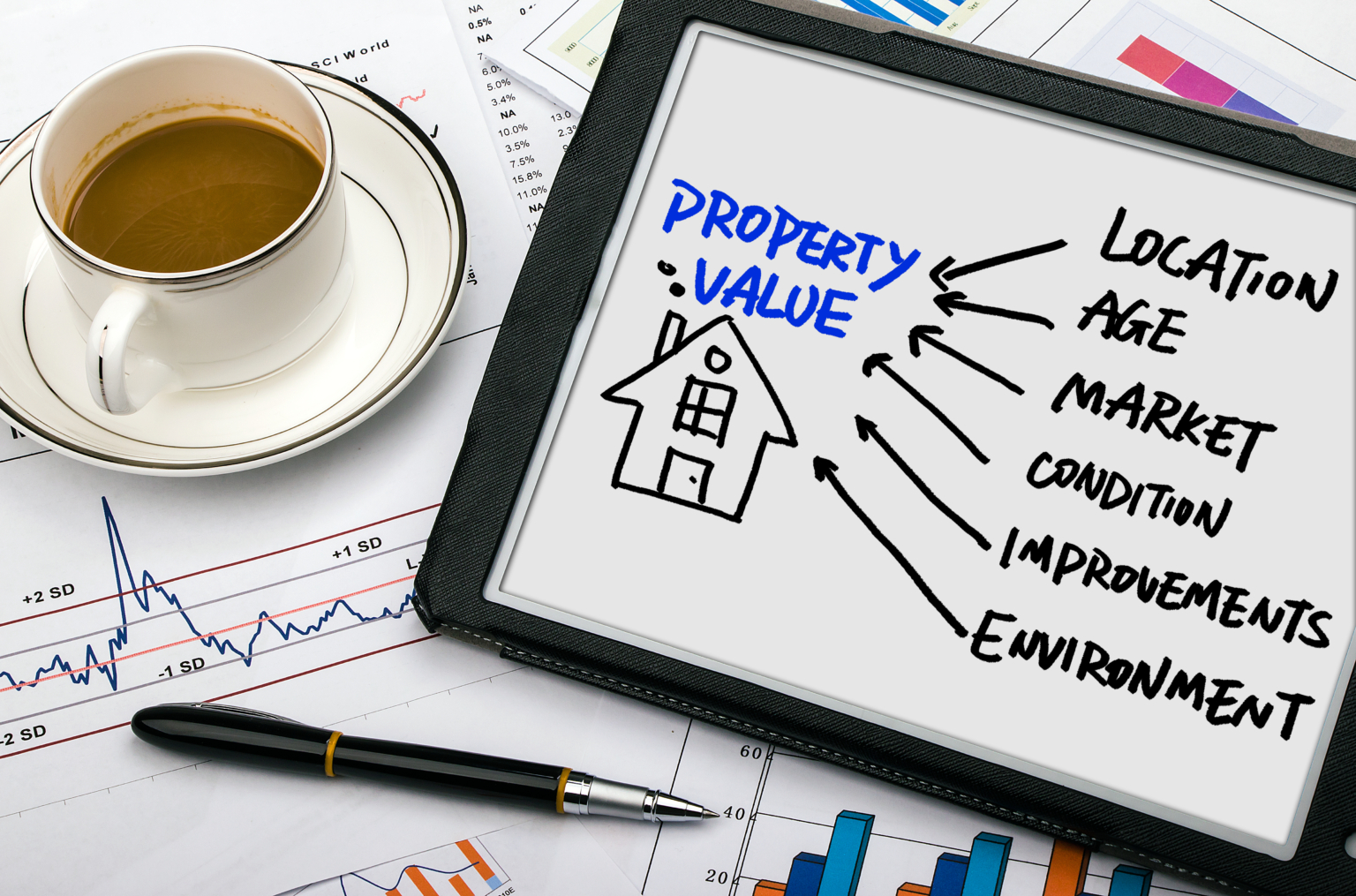Developer Guide To Dubai Green Building Regulations 2025
Dubai Green Building Regulations 2025 reinforce the city's commitment to sustainability by promoting energy efficiency, water conservation, and eco-friendly materials. These regulations ensure that all new developments and major renovations align with Dubai’s vision for a greener future, fostering innovation in sustainable construction.
Key Takeaways from Green Building Regulations
The Dubai Green Building Regulations 2025 aim to ensure that all new developments meet strict sustainability criteria while maintaining economic feasibility. These standards require developers to incorporate energy-efficient technologies, water-saving measures, and sustainable construction materials.
Dubai's Green Building Regulations 2025 are designed to transform the emirate's construction landscape by setting ambitious sustainability goals. Key objectives include:
Strict Sustainability Standards – Regulations mandate energy-efficient technologies, water conservation, and eco-friendly materials in new developments.
Carbon Emission Reduction – Focus on minimizing greenhouse gas emissions through energy-efficient designs and renewable energy integration.
Renewable Energy Adoption – Encourages solar panel installations through initiatives like Shams Dubai, adding significant clean energy capacity.
Water Conservation Measures – Enforces water-efficient fixtures and sustainable landscaping to reduce consumption by 30-40%.
Improved Indoor Environmental Quality – Implements ventilation, air quality, and non-toxic material standards for healthier living spaces.
Sustainable Transportation Infrastructure – Supports pedestrian-friendly pathways, cycling tracks, and EV charging stations to reduce vehicular emissions.
Economic & Environmental Benefits – Strengthens Dubai’s commitment to a greener, more resilient urban environment while fostering sustainable growth.
Features of Green Building Regulations 2025
Dubai's Green Building Regulations 2025 introduce a comprehensive framework to enhance sustainability in the construction sector. These regulations focus on energy efficiency, resource conservation, and environmentally responsible building practices.
Energy Efficiency Standards
Energy efficiency is one of the cornerstones of Dubai’s Green Building Regulations. Developers must adhere to strict guidelines that cover insulation, lighting, heating, and cooling systems. Some of the key requirements include:
- High-Performance Insulation: Walls, roofs, and windows must use advanced insulation materials to minimize heat transfer and reduce energy consumption.
- LED Lighting: All buildings must use LED lighting solutions to reduce electricity use and improve energy efficiency.
- Energy-Efficient HVAC Systems: Heating, ventilation, and air conditioning (HVAC) systems must meet efficiency standards to ensure optimal performance with minimal energy wastage.
- Smart Building Technologies: Developers are encouraged to integrate automated energy management systems to monitor and optimize energy use in real-time.
- The implementation of these measures helps lower energy costs for residents and businesses while significantly reducing greenhouse gas emissions.
Water Conservation
Water scarcity is a major environmental concern in the UAE, making water conservation a critical component of the Green Building Regulations. To ensure efficient water use, buildings must incorporate:
- Low-flow plumbing fixtures: Faucets, toilets, and showers must use water-efficient designs to minimize consumption.
- Water-Efficient Irrigation Systems: Landscaping must incorporate smart irrigation systems that use sensors and weather data to reduce unnecessary watering.
- Greywater Recycling: Buildings are required to implement greywater treatment and reuse systems, which allow wastewater from sinks and showers to be recycled for non-potable uses.
- Rainwater Harvesting: Developers must integrate systems to collect and store rainwater for irrigation and other uses.
These measures help lower water bills while ensuring that Dubai remains water secure despite its arid climate.
Sustainable Materials and Construction Practices
The Green Building Regulations emphasize the importance of using environmentally friendly materials and sustainable construction techniques. Some of the major requirements include:
Eco-Friendly Materials: Developers must prioritize the use of recycled concrete, sustainably sourced wood, and low-VOC (volatile organic compound) paints.
Modular Construction Methods: Prefabricated construction elements reduce waste and enhance efficiency.
On-Site Material Recycling: Construction sites must implement waste management systems that promote material reuse and recycling.
By enforcing these standards, Dubai aims to reduce construction waste and lower the carbon footprint of new developments.
Indoor Environmental Quality (IEQ)
Indoor air quality plays a crucial role in occupant health and well-being. To ensure a safe and comfortable indoor environment, the regulations mandate:
Advanced Ventilation Systems: Buildings must be equipped with air filtration and purification systems to enhance air quality.
Use of Non-Toxic Materials: Low-emission paints, adhesives, and coatings must be used to reduce indoor air pollution.
Natural Lighting: Developers must incorporate design elements that maximize daylight exposure, reducing reliance on artificial lighting.
Optimal Humidity Control: HVAC systems must be designed to maintain ideal humidity levels for occupant comfort.
Renewable Energy Integration
To reduce dependence on fossil fuels, the Green Building Regulations encourage the integration of renewable energy technologies, including:
Solar Panels: Buildings must generate a portion of their electricity through solar photovoltaic systems.
Wind Turbines: In applicable locations, developers are encouraged to incorporate wind energy solutions.
Net-Zero Energy Buildings: Incentives are available for projects that generate as much energy as they consume.
These measures support Dubai’s long-term goal of becoming a global leader in renewable energy adoption.
Sustainable Transportation
To promote eco-friendly transportation options, developers must incorporate features such as:
Electric vehicle (EV) charging stations
Bicycle parking and pedestrian-friendly pathways
Easy access to public transportation, including metro stations and bus stops
These initiatives help reduce traffic congestion, lower carbon emissions, and improve urban mobility.
Steps to Follow for Compliance with Green Building Regulations
Developers must follow a structured certification process to ensure their projects align with Dubai’s Green Building Regulations. Key steps include:
Sustainable Design Integration: From the initial planning phase, architects and engineers must incorporate energy-efficient and eco-friendly design elements.
Regulatory Approval: Developers must submit sustainability reports and building plans for review by regulatory authorities.
Construction Audits: Regular inspections ensure compliance with green building standards throughout the construction process.
Final Certification: Upon completion, projects must undergo a final sustainability assessment before receiving approval for occupancy.
How Green Building Regulations Are a Better Solution?
Lower Environmental Impact: Reducing carbon footprint and promoting resource efficiency.
Cost Savings: Cuts down operational expenses through reduced energy and water consumption.
Improved Public Health: Enhances indoor air quality and ensures healthier living environments.
Higher Property Value: Green-certified buildings attract greater market demand.
Compliance with International Standards: Aligns Dubai with global sustainability benchmarks.
Notable Projects That Follow Green Building Regulations in Dubai
The Sustainable City: A model for sustainable living that incorporates renewable energy, water recycling, and smart urban planning.
Pacific Controls Headquarters Building: The first LEED Platinum-rated building in the UAE, featuring advanced energy-efficient systems and eco-friendly materials.
Challenges in Adopting Green Building Regulations
High Initial Costs: Investments in sustainable materials and green technology can be expensive.
Technical Expertise: Developers require specialized knowledge in sustainable building practices.
Complex Regulatory Compliance: The certification process involves extensive documentation and audits.
Material Availability: Access to high-quality, eco-friendly materials at competitive prices can be challenging.
FAQs
Q1: Who Started the Green Building Regulations in Dubai?
The Green Building Regulations were initiated under the leadership of His Highness Sheikh Mohammed bin Rashid Al Maktoum as part of Dubai’s broader sustainability vision.
Q2: Who is the Chairman of the Emirates Green Building Council?
H.E. Ali Mohammed AlJassim currently serves as the Chairman of the Emirates Green Building Council, overseeing sustainable construction initiatives.
Q3: Does Dubai Have a Green Building Rating System?
Yes, Dubai has a rating system that assesses projects based on sustainability criteria, awarding certifications ranging from Certified to Platinum based on performance.
Conclusion
The Dubai Green Building Regulations 2025 set a new standard for sustainable construction, ensuring that new developments integrate energy efficiency, water conservation, and eco-friendly design. As Dubai continues to grow, adherence to these regulations will be crucial in shaping a greener, more resilient urban landscape for future generations.
Feature Properties
You Might Also Like
Stay in the loop Through our newsletter
Get to know about the latest real estate insights.
Popular Searches
Off Plan Projects
Popular Areas
About Us
Popular Searches
Off Plan Projects
Popular Areas
Next Level © 2026 All Right Reserved


